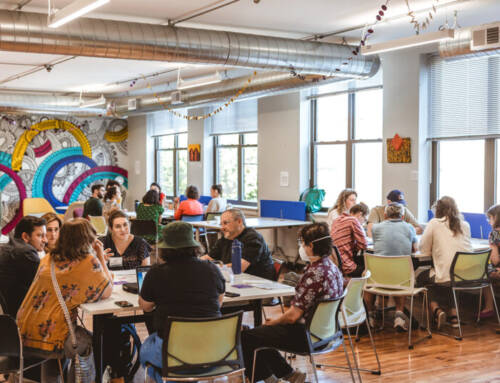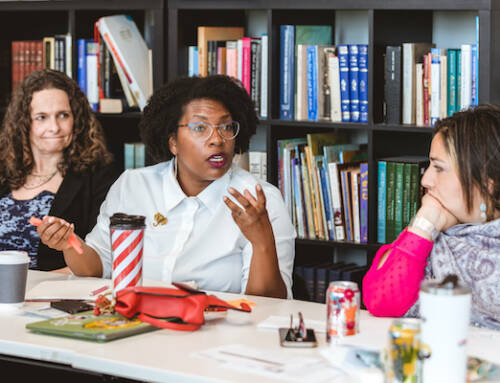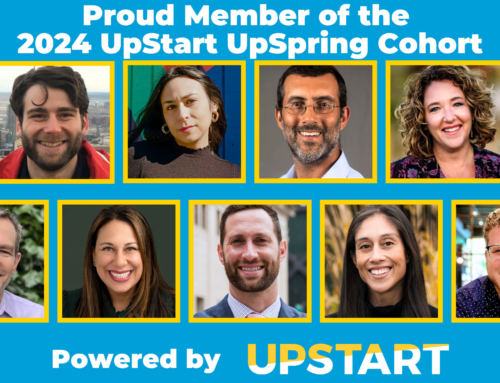Innovation has certainly been a very popular buzzword over the past two years. Not just in the Jewish community, but in every aspect of promotion and advertising, we continue to hear about the benefits of innovation. Ranging from car commercials to the Presidents State of the Union, innovation is clearly seen as a huge benefit. The overarching question, however, is, What is innovation? Although I didnt think about being an innovator when I created Moishe House, I have since sat on many panels discussing the topic and we have even received generous funding targeted towards innovation. So, how can innovation be pushed and nurtured?
In a nutshell, innovation to me is not necessarily creating something new but rather, finding a new way to meet an existing need. For example, Google is innovative because it built a new way to find information, far superior to its predecessors, such as Encyclopedia Britannica.
With all this excitement around innovation, how do we know if our innovative ideas are effective? How can we best support it without just throwing money at buzzwords for the sake of feeling like we are keeping up with the times, even if it is artificial? The following begins to address these critical questions:
Innovation cannot be pitted as an alternative to more established Jewish life. When innovation is discussed, it is often positioned as the opposite of established institutions, which is not the appropriate framework. Often times, small organizations have more flexibility and are able to move faster, but large organizations have incredible attributes as well, namely, staying power. For long-term success, innovative programs and organizations must be conducted in partnership with existing institutions or neither will have the opportunity to benefit from one another. When organizations and people are pitted against each other, we lose a tremendous amount of energy and resources.
Do not fund innovation, fund good ideas. When thinking about funding or partnering with innovative programs, do not do it simply so that you can be considered young and innovative. There are a lot of new exciting things happening, but there is also a lot of fluff. The use of new technology and hi-tech presentations are nice, but at the end of the day, it is the idea that must be good and effective. Please, do not miss out on terrific opportunities for new and engaging ideas or get lost in the rhetoric, some of the best ideas are the most simple.
Innovation and young adult engagement are not one in the same. I am a strong supporter of those looking to invest in innovation, as long as it is well thought out. However, its not safe to assume that innovation will draw in young people. Innovation is not an age category; it is an entrepreneurial asset that can happen in every stage of life. If the goal is to engage young adults, I would suggest doing that directly. Investments in social entrepreneurs are equally important, but if it is considered one in the same, I am afraid that neither will be accomplished.
Measure results and hold people accountable. This is true not just for new, innovative ideas, but also for existing ones. I have been impressed with the shift towards evaluation but we still have a long way to go. Once a plan has been created, there must be measurable outcomes established to account for its success. These outcomes should be tied to funding and be made public.
Dont get me wrong; I am encouraged by support for innovation and hope it continues to grow. However, as it grows, its critical to develop smart strategies behind innovative ideas so that they do not become diluted and meaningless. Innovation is not new and will be around as long as our needs continue change and grow. I am confident we will find ways to support and nurture it, even if there are bumps along the way.
David Cygielman is the co-founder and CEO of Moishe House.
Our purpose is to enable entrepreneurs to bring bold Jewish ideas to light. We help them reach Up to people in new ways that are meaningful, more inclusive, and create a brighter future for our Jewish community and the world we share.




